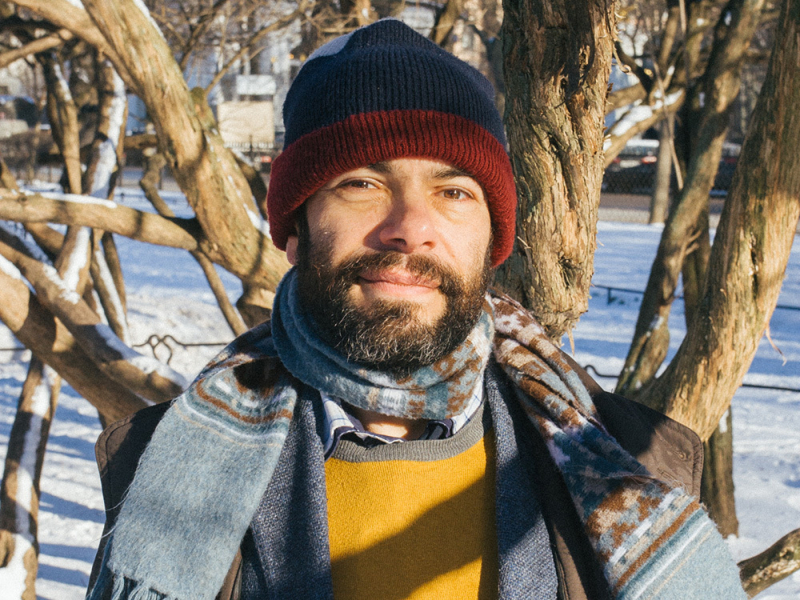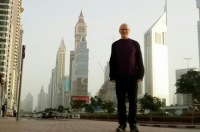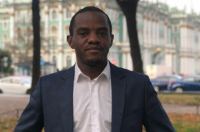What inspired you to become a teacher?
Honestly, like many things in my life, it just happened. I tried it, liked it, and went on to delve into the methodology, the relationship with students, the fascinating sides of culture learning and teaching, and ways to pass the knowledge of a language and its cultural heritage in a fun and deep way. This is still an ongoing process.
What was your occupation before coming to Russia?
I was a teacher both at a secondary school and university. I also worked in the private sector teaching mostly English.
Did you have any dreams when you decided to come to Russia?
I was joining my then fiance and was planning to improve my Russian along with my English. Languages need constant practice.
Are there any misconceptions people, in general, have about Russia that you noted being here?
In my opinion, stereotypes are always at the door and aren’t welcome both ways. People think that Russians are blunt. Often just being practical leads to saying what is needed and directly, not to lose time, which is perceived as blunt. I started to appreciate this, but at first, it was a culture shock to overcome. Russians, on the other hand, seem to think that all Italians are happy, extroverted, and colorful, not taking us too seriously and this can't be more mistaken as a point of view, because we are serious and practical too. Mirth is just a side of the national character and not the most important one.
In your experience, what would be the best way to learn a language?
Being continually exposed to it, as much as one can. And to follow one’s interests in doing so. It also depends on the starting level.
What is your opinion on technology changing the way people approach education?
I am enthusiastic about it and want to learn more from students, who, on average, are far more advanced than us, Generation X. Technology can help provide a better learning environment, a better relationship with students using the same language, and consequently a higher standard of learning using interactive materials intelligently. That doesn’t mean copying printed books, but using technological resources to have a long-lasting impact on students and have them learn faster and better.
Educational videos on platforms like YouTube or Udemy have become more and more attractive to people. Do you think eventually there will be no need to be physically present to teach?
Why not? Provided human relationships are maintained and people respect each other everything can be done, in my opinion.
This quarantine is starting to change a lot of things around us, how do you see this changing education?
Covid is a topic that does not interest me. It’s overrated. We just need to be careful, stay safe, and behave normally. We are human beings and we have to behave as such, helping each other when possible.
If you could travel in time and tell a bit of advice to yourself 20 years ago, what would it be?
To stay in Great Britain and work there 10 years later. I’ll add some context. I was younger, I had my first work experience abroad and it fostered independence very much. From this point of view, it would have been better to stay there longer to consolidate it and then move on to the next step. I wasn't ready, probably.
Can you tell me about your favorite places in St.Petersburg?
The Central Area is marvelous and also near Chernyshevskaya - it’s full of ancient buildings and cozy meeting places. I love them. On my list there are also restaurants: a Russian donut shop in front of Chernyshevskaya Metro Station, the British Pastry Shops, the Russian Museum, the Hermitage and its modern branch in the Central Square, Pushkin, Peterhof, even the "Finnish" coastline [of the Gulf of Finland] with Repin's Master House Museum and the nearby restaurant that once was a dacha of a Grand Dame assisting the last Empress of Russia.
Written by Ethan Avila



